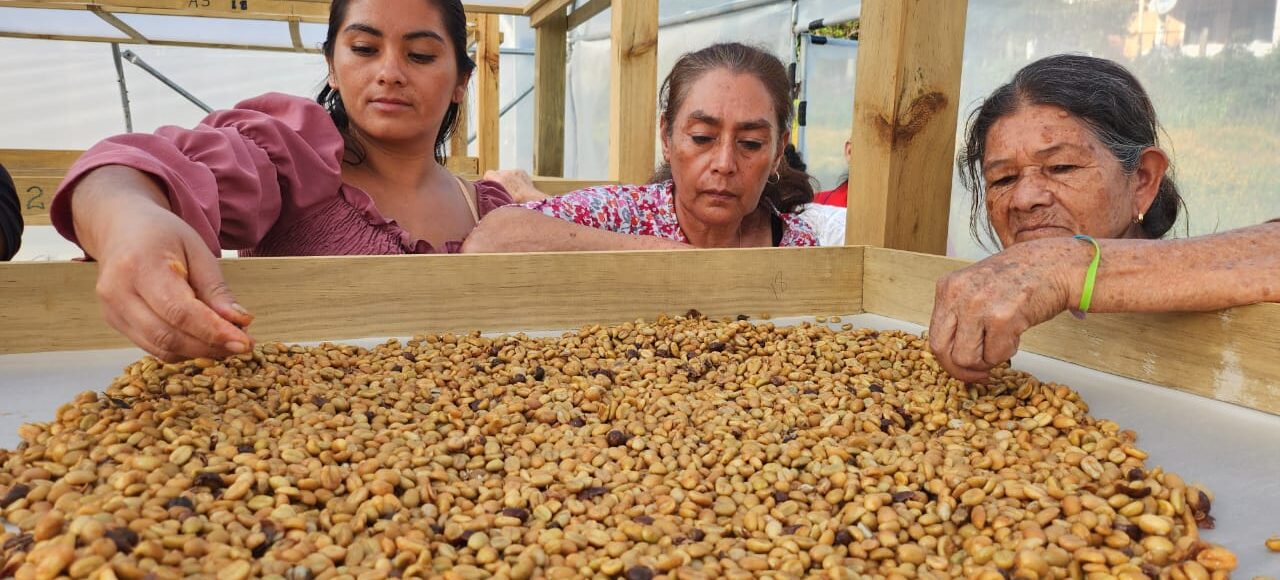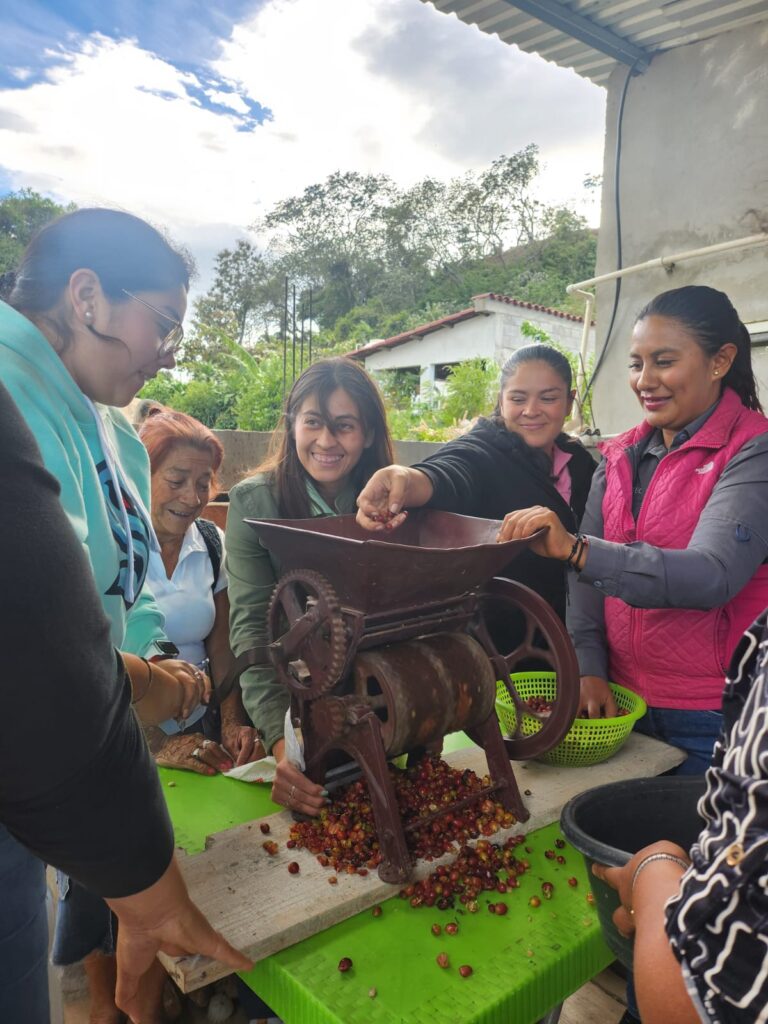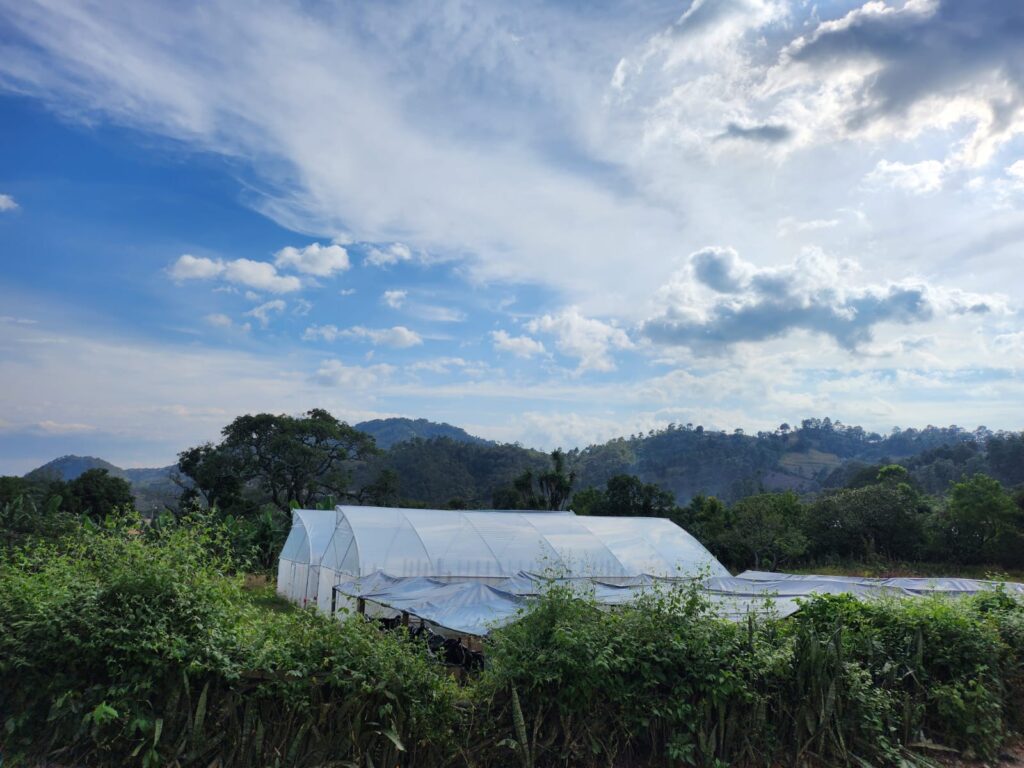
Empowered Women Learn New Skills to Transform their Role in the Guatemalan Coffee Sector
TechnoServe is helping rural women access tools for pulping and drying coffee, processes that improve coffee quality and facilitate women's advancement in the value chain.
Women in the Guatemalan Coffee Value Chain
Coffee’s relevance to the Guatemalan economy is undeniable. The coffee sector employs more than 125,000 families across the country. Coffee is Guatemala’s most significant agro-industrial export product, with 41% of the country’s coffee going to the United States.
But where are women in the coffee value chain? In many households in Guatemala, women are mainly responsible for collecting and sorting beans. In later stages of coffee production, such as processing and marketing, women’s presence decreases—as do their incomes.
Coffee processing improves product quality and increases its market price. Having the right tools to pulp and dry coffee beans can increase women’s ability to participate in the sector and increase their incomes significantly. Yet, women often face challenges accessing this equipment because it can be expensive and difficult to acquire.
Elevating Rural Women’s Capabilities
Since 2022, TechnoServe has been supporting coffee farmers in eastern Guatemala through the CaféTec project funded by Tim Hortons.
One aspect of the program has focused on women’s leadership. TechnoServe has trained approximately 1,000 women in leadership topics for decision-making on the farm and at home. Now, 30 leaders in their communities have been chosen to elevate their capabilities further.
The CaféTec project aims to:
- Raise awareness about family economics and domestic and care work to value women’s contributions;
- Train women on the use of coffee pulping machines that allow women to envision themselves developing actions linked to processing, a more valued link in the value chain;
- Develop a coffee brand for marketing in the local market;
- Identify nearby institutions that buy parchment coffee (dried coffee beans that still have the layer of parchment that protects the beans).
Through four group learning sessions, which addressed topics ranging from family economics to coffee processing, the 30 women honed their interpersonal skills and technical skills related to coffee pulping and drying.

“In Jutiapa, training was provided on the use of coffee pulpers, processing, and drying,” shared Aida Alfaro, a social worker who works in the program. “These activities have not only broadened the technical skills of women but have allowed them to imagine new opportunities and participate in processing—a key and highly valued stage in the coffee value chain.”
The Role of Partnerships in Women’s Empowerment
Guatemala’s Ministry of Agriculture, Livestock, and Food complemented the TechnoServe training by donating several domes (greenhouse-like structures for drying coffee) and pulping machines (equipment that removes the pulp surrounding the coffee bean, separating it from the green cherries). Access to this new equipment allows women to process part of their coffee harvest and earn extra income for themselves and their families.

The Guatemalan ministry aims to contribute to the sector’s sustainable development and improve producers’ well-being. Coffee trainers from the CaféTec project like Abner Castillo seek to establish community-level alliances with this ministry.
“I feel satisfied when I see changes in the communities I work with,” he shared. “In this area, many men have migrated to the United States, and women are in charge of the farms. Supporting them is key for coffee farming and Guatemalan families’ progress.”
CaféTec used TechnoServe’s Empowering Farming Families curriculum, which brings together men and women producers for collaborative learning. The workshops helped families recognize the value of joint financial decision-making and women’s vital contributions to the family economy.
This groundwork of support paved the way for women to join a focused leadership program, where they discovered their strengths and built powerful networks with other women farmers. Thanks to this comprehensive approach, women who participate in the coffee processing pilot now have both the skills and family backing to exercise real control over their income and lives.






